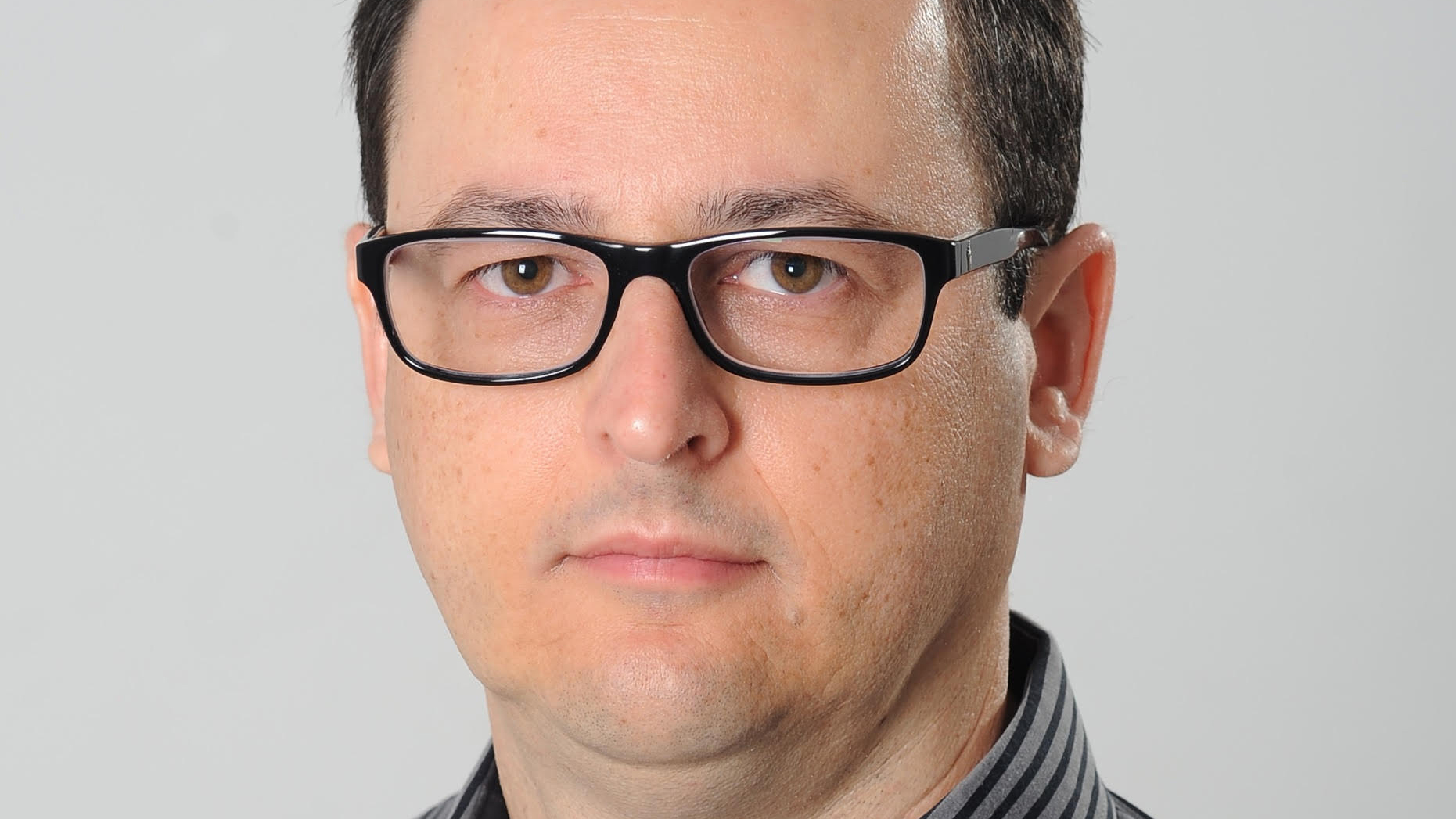
Whoever gets into quantum computing today will set the tone in financial services tomorrow.
Using quantum computers for applications such as faster and more comprehensive option pricing, or an even better overview of risk assessment, is still a thing of the future. But as in music, only those who have practiced before can play along. Now is a good time to start because now the possibility of working with a 127-qubit processor exists, we are entering an era where performance comparisons between quantum computing and classical methods are becoming extremely interesting.
Whenever it comes to implementing a new technology, there are leaders and followers depending on the benefit that a respective industry or company can derive from it. With quantum technology, experts see significant competitive advantages for the financial services industry and, specifically, for investment banks.
Quantum computers can continue where current IT systems reach their limits, for example simulating potential scenarios and investment options more comprehensively, to allow for more accurate return estimates and provide valuable information for portfolio diversification. Another example is enabling more accurate results for fraud detection.
Before this potential can be used, however, there is a learning phase. This phase is all about understanding the theory and building the practical knowledge to get the requirements right, as well as figuring out what is possible and when. This is the only way to define what industry standards will look like in the future and what it will take to use quantum technology in the best possible way.
Getting ready
At the beginning, there is often the goal-setting in terms of an objective. Should a price, a risk, a series of sensitivity indicators for evaluating financial instruments be calculated with a defined level of precision? The way to achieve this goal starts with theoretically estimating the resources needed, such as the number of qubits, the gates and the resulting computation time. The more precise the specifications, the clearer the theory behind them and the more reliable the resource estimation.
With a precise idea of what should be achieved, other issues can also be clarified, such as the transparency of results to meet possible bank requirements. With properly certified models as a basis for calculations, you can ensure that all specifications are met. When it comes to risk analysis, for example, established models could be used as a basis and translated for the quantum computer.
From theory to practice
What can a banking institute do to benefit from quantum technology? Leaning back and waiting for solutions from others would obviously be a tempting thought. However, banking is a very individual business, and to achieve a real competitive edge, you need to design it yourself. Before doing this, some basic questions need to be clarified:
- What are the possible use cases of quantum computing for a financial services company?
- Should the calculated amount be addressed alone or as part of an ecosystem?
- What talent is available to program and use quantitative computers?
Possibly the answers are closely related to the banking institution’s business focus and lie where a competitive advantage is particularly interesting. These can be systems simulation models for portfolio optimisation, detecting fraud or improving know-your-customer processes.
Each banking institution needs to master quantum computing. Together with other partner companies and research labs, experiments can be carried out in an accessible environment with computers. The first steps, such as classic simulations and validation activation frameworks, are supported by learning material and ready-to-use applications. However, banks often do not have the right internal resources to program and use quantum computers. As such, their developers, programmers and industry experts also need to learn to use the quantum computer first.
Financial institutions have the opportunity to become industry pioneers in exploring the potential of quantum computing, pointing the way for other industries and thus setting the tone for future developments.

Lenildo Morais has a Master’s in computer science, and is a teacher, researcher and project manager.


